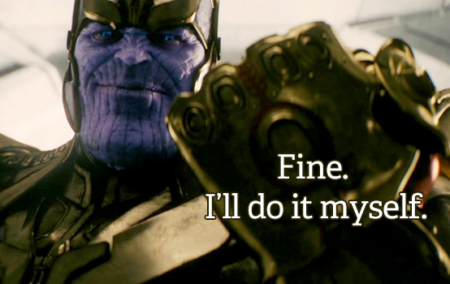Generic labels won’t change; two senators, two bills; drone delivery; and more
18 Dec 2018
Posted by Andrew Kantor
Can pharmacists help lower the U.S. suicide rate?
“Pharmacists understand the importance of screening and talking with patients about suicide, but without proper training, that is a really intimidating task for anyone.”
Generics: If you can’t beat ’em….
U.S. Senator Elizabeth Warren, tired of skyrocketing generic drug prices, is introducing a bill that would have the federal government manufacture generic drugs when there is a “failure in the market.”
What’s a failure?
There would be three standards for determining a “market failure”: if no company is producing the generic drug; if just one or two companies are making the drug and there is a shortage or a recent price hike higher than medical inflation; or if the drug is on the World Health Organization’s “essential medicine” list and the price is deemed too high while being produced by only one or two companies.

FDA withdraws new labeling idea
The FDA has proposed allowing generic-drug manufacturers to update their warning labels with new info even before the brand-name drug did. Why not give people the latest info? it figured.
Because, said generic makers, it could confuse people, make them think the generic is different than the brand-name drug, and open the generic manufacturers to liability.
The FDA withdrew the suggestion.
Speaking of the FDA….
The agency says ‘no worries’ — it’s totally preparing for the coming huge volume of imported drugs that need to be inspected, even if it doesn’t quite have the staff to handle it.
“We have to be more strategic with what we’re doing when it comes to products of foreign origin imported into the US” because there are many more imports now and this will continue to grow but FDA’s resources “aren’t necessarily going to keep up,” [Division of Import Operations Director John Verbeten] said. FDA will soon reach up to 50 to 60 million lines of imported products and has to “figure out a way to deal with all of that volume,” he added. “It can’t be regulation through shipment-by-shipment anymore.”
Transparency for state Medicaid boards?
U.S. Senator Cory Booker is planning to introduce legislation that would require pharmaceutical companies to disclose their payments to pharmacists, doctors, and anyone else who serves on a state Medicaid board.
This follows a report that found “that drug companies swarm state Medicaid board meetings when their drugs are under consideration, and have given payments and perks to three out of five doctors recently serving on those boards.”
Elsewhere: Look, up in the sky!
Neither bird nor plane, it’s a vaccine delivery by drone. The remote South Pacific nation of Vanuatu* is composed of islands, so delivering packages ain’t easy … unless you think in three dimensions. Bonus: Vanuatu is home to cargo cults, so the drones actually play into their religion. (If you don’t know about cargo cults, it’s worth a dive down that rabbit hole.)


